Project title
Enhancing Bambara groundnut production, adoption, and utilization for food security and increased income among smallholder farmers in northern Ghana.
Grantee institution
Team
Francis Kusi (PhD), Research Scientist and Director of CSIR-SARI.
Patrick Attamah (PhD), Breeder.
Alhassan Nuhu Jinbaani (MPhil), Agricultural Economist, Monitoring and Evaluation and Gender Specialist.
Michael Mawunya (MPhil), Weed Scientist.
Key Partners
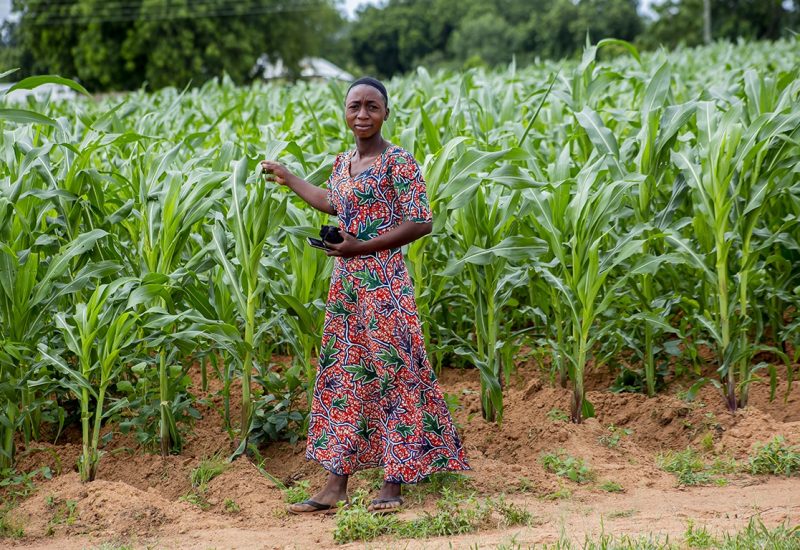
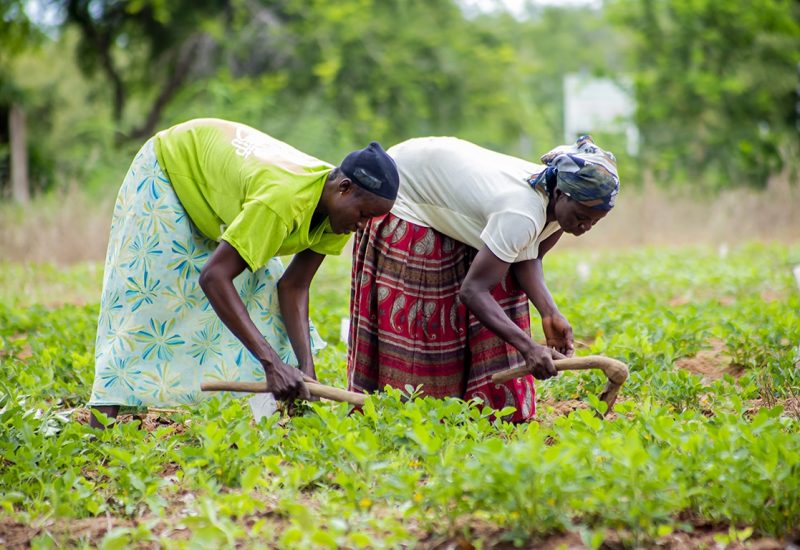
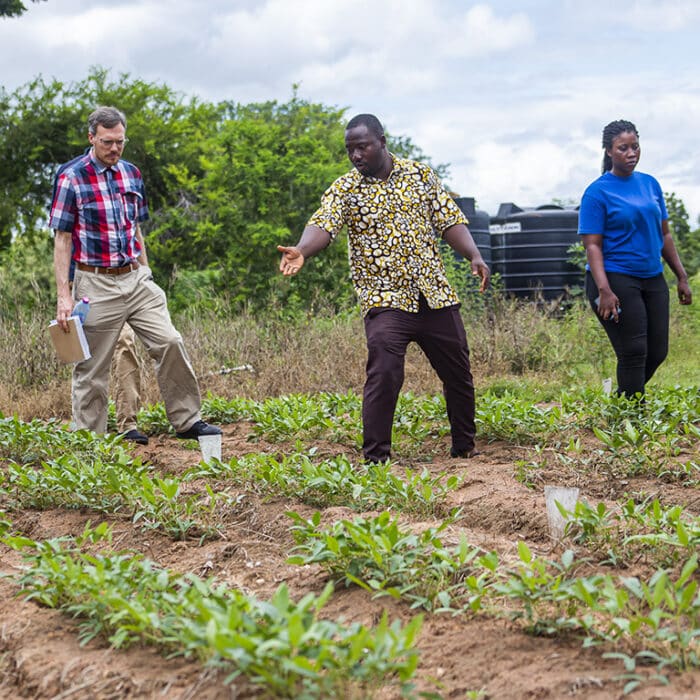
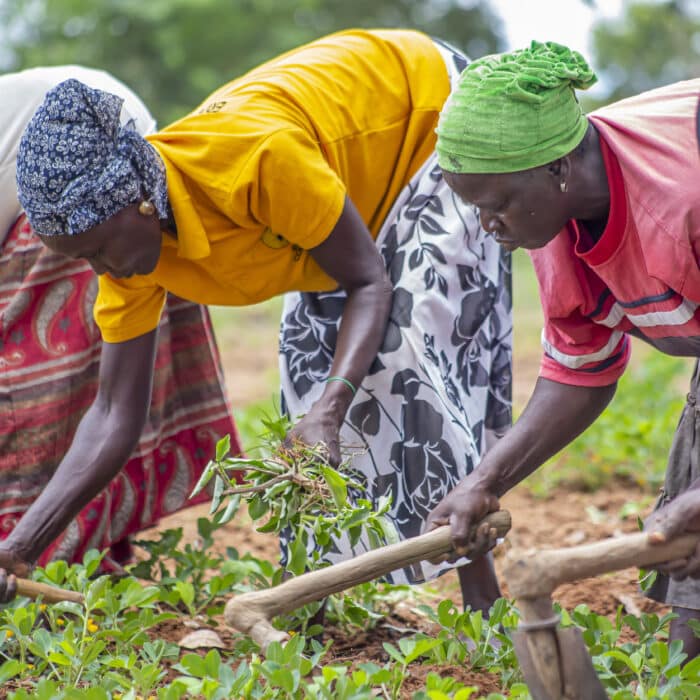
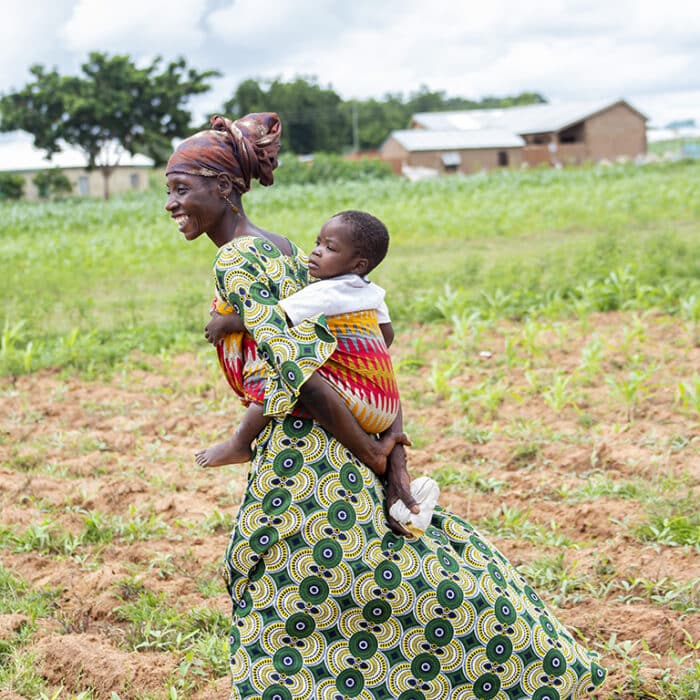
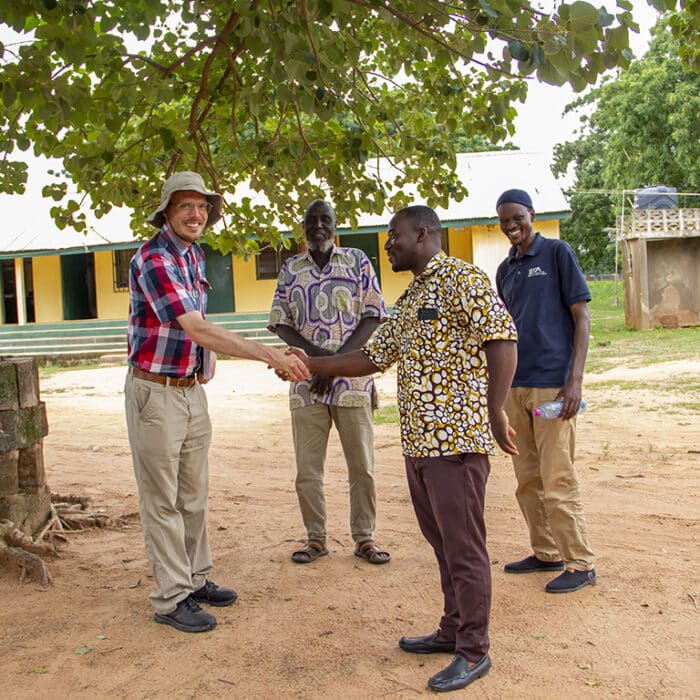
Why We Exist
Background
Northern Ghana is part of the Sahel, a semi-arid region with high levels of food insecurity and one of the most vulnerable parts of the world to the effects of climate change. According to the most recent World Food Programme report, 3.6 million Ghanaians suffer from food insecurity, with the prevalence ranging from 22.6 to 48.7% in the 5 northern regions. In these regions, approximately 80% of households farm the land and farmers and herders have the highest rates of food insecurity.
Bambara groundnuts are a type of bean used as cooked beans and processed into oil, flour, and milk. They’re a traditional crop in northern Ghana, mainly grown by women. The beans are highly nutritious, one of the highest value crops that can be grown in the region on a per kg basis, well adapted to drought conditions, and a legume that enhances soil fertility. WhatIf Foods, a startup in Singapore, is scaling up production of Bambara groundnut milk for the international market and sourcing its raw product from Ghana.
However, yields are low, in part because little scientific research has been done on the crop and no commercial varieties exist. Among the other challenges associated with the crop are the length of the growing season and the time it takes the beans to cook. Production has increased in recent years but remains low relative to non-native crops such as maize.
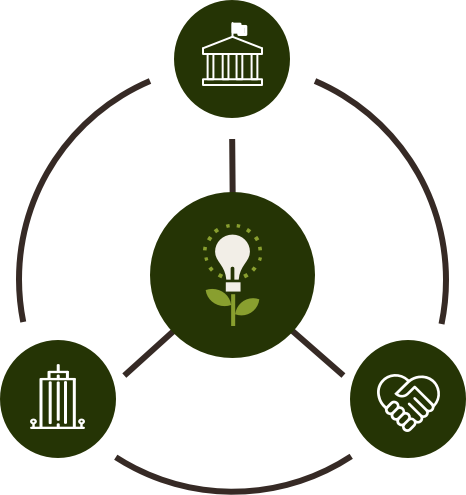
Approach
Targets
Current status
Role of Grow Further
Grow Further will provide a grant of approximately $133,000 over 3 years to cover all research and development costs associated with the project. Agricultural extension and commercialization costs will primarily be borne by the Ministry of Agriculture and the private sector, respectively. Grow Further will also provide capacity building, particularly around monitoring and evaluation and marketing and communications. In the event that the results of the project are widely adopted, Grow Further will arrange a rigorous independent evaluation to determine whether it successfully improved nutrition, farm income, and other socioeconomic variables.
Our long-term plan is to form a network of chapters or imitators so that farmers and scientists have lots of choices when it comes to testing small or unconventional ideas, and so that people who don’t work at a grant-making agency have a meaningful way to get involved.


